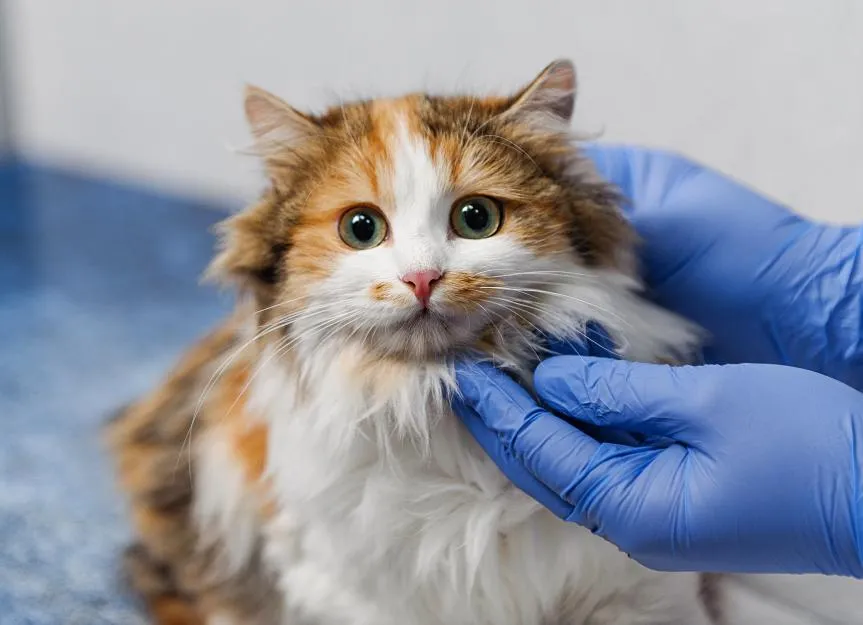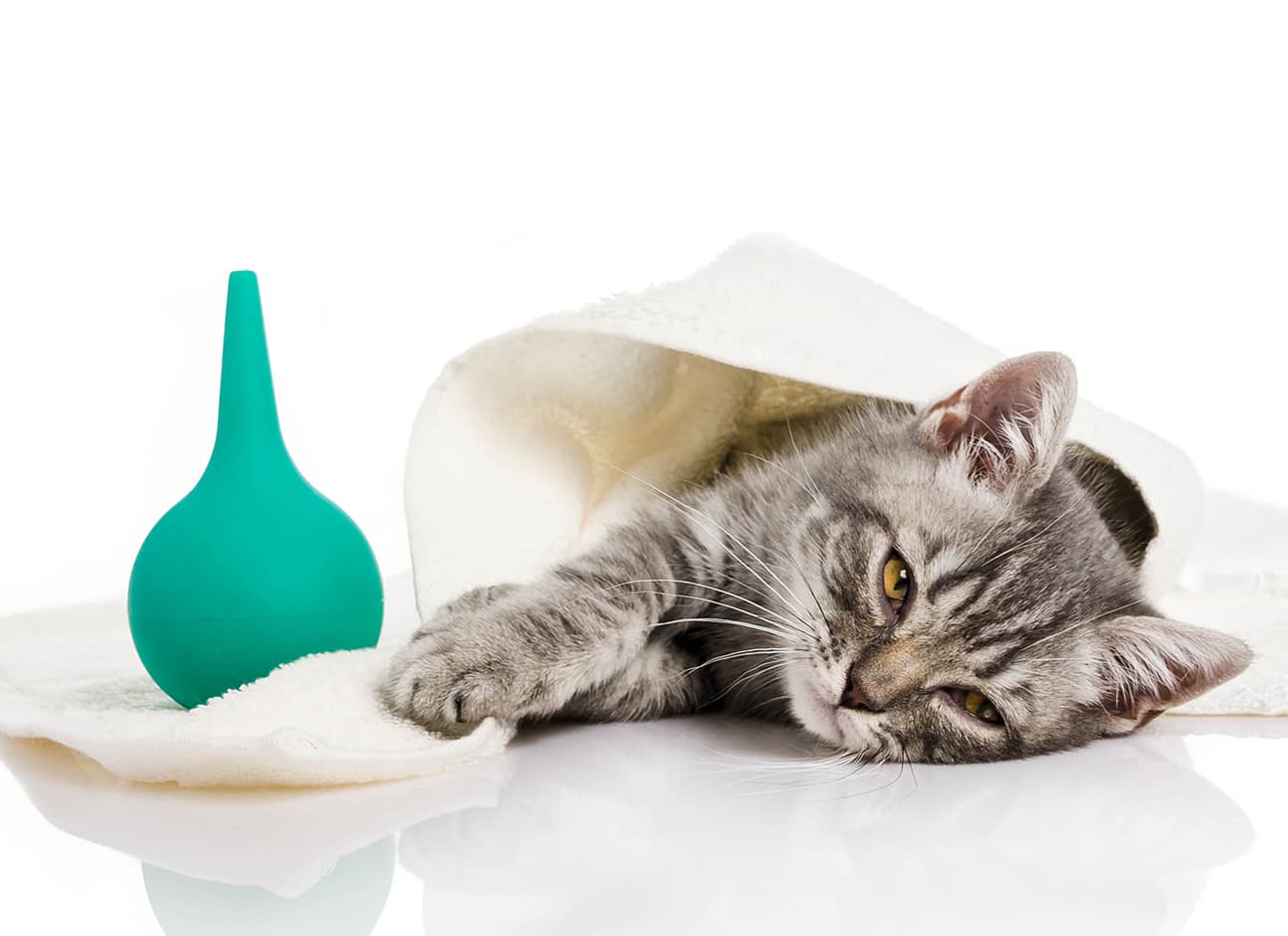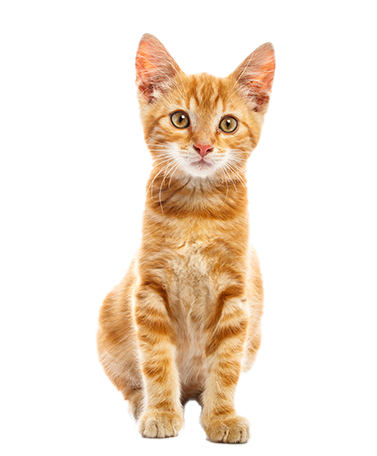Reviewed by Dr. Sarah Yosry
Updated on 1/11/2025
Reading time 2 min.
Overview
Severity: Medium
Life stage: All
Vomiting is a common problem among cats, mainly due to the swallowing of hairballs. However, it is not normal and has a number of causes. Cats may also regurgitate as a result of eating too much or too fast.
Causes to vomiting in cats
Usually the result of an upset stomach, feline vomiting can occur as a result of consuming spoiled food, plants, and certain insects. But there are more serious causes to vomiting in cats including intestinal obstruction, urinary obstruction, infections caused by bacteria or virus, thyroid disease, liver disease, inflammatory bowel disease, renal disease, poisoning, or even cancer.
If your cat vomits frequently or repetitively, you must take them to the veterinarian immediately, because chronic vomiting can also be possibly fatal.
It can also give rise to other problems including dehydration and imbalances in electrolyte levels.
Signs of vomiting in cats
Signs of vomiting include weight loss, lethargy, presence of blood in vomit, as well as changes in diet and eating habits. Additionally, if your cat reacts with obvious pain when you touch them in the abdomen, it could also be another indicator of feline vomiting. It is also important to know the difference between regurgitation and vomiting, as regurgitation requires less effort and usually occurs after your cat has consumed some food or drink.
Treatment
Treatment depends on the frequency or seriousness of feline vomiting. If your cat is throwing up hairballs, feeding them meals with a hairball formula can help. If the cause of vomiting is overeating, you must check and control the amount of food you give them. In more serious cases of vomiting, you must take your furry friend to the veterinarian without fail. Your veterinarian may conduct tests to determine the exact cause and prescribe the appropriate medication(s) to control vomiting or to treat inflammation.

Conclusion
You can do your part to help your sick kitty by making fresh drinking water accessible at all times, and by ensuring they get sufficient rest. Additionally, you can prevent feline vomiting by keeping toxic plants, chocolate, yarn or string, human medicines, and other easily swallowable objects out of your cat’s reach.
Share this, choose your platform!
Writen by
Dr. Sarah Yosry
DVM
A product of a rich Australian/Egyptian heritage, Dr. Sarah Yosry stands as a testament to the union of diverse cultures and a shared love for animals…


